
With Hong Kong’s low number of registered organ donors, is it time to adopt an opt-out system for donation?
- City lags behind others in the number of registered donors relative to population, and lack of awareness contributes to misconceptions
- Hong Kong only has six donors per million people, compared with 23 in Britain, 32 in the US and 47 in Spain
Life was put on hold for Hongkonger Phan Thanh Vinh when he was diagnosed with heart failure at the age of 17.
“It was an awkward phase because I hadn’t completed my education or thought about a career. I didn’t even have the energy to play video games to pass the time,” says Phan, now 22.
The son of Vietnamese parents, Phan underwent multiple operations early in life for his congenital heart condition, allowing him to grow up relatively normally.
But during the summer before he started Form Five, his health took a turn.
“I felt the need to stay home and didn’t go out to play,” he recalls. “I thought I was just being lazy, but when I tried walking up the stairs on the first day of school, I just couldn’t.”
He was diagnosed with heart failure, and his only hope was a transplant. Phan waited five years, before successful transplant surgery last September. For Phan, life is slowly returning to normal.
Parents face agonising wait for heart donor as baby son’s life hangs in the balance
Earlier this month, Hui’s mother, a former English-language teacher, made an emotional plea in local media for an organ donor. But with few child deaths every year in Hong Kong and fewer than 300,000 registered organ donors, the chances of Hui finding a suitable heart in time appear slim.
Hui’s story has renewed discussions on organ donation in a city where more than 2,600 people are waiting for new kidneys, livers, hearts, lungs and corneas, and only a lucky few like Phan get a transplant. Many have died waiting.
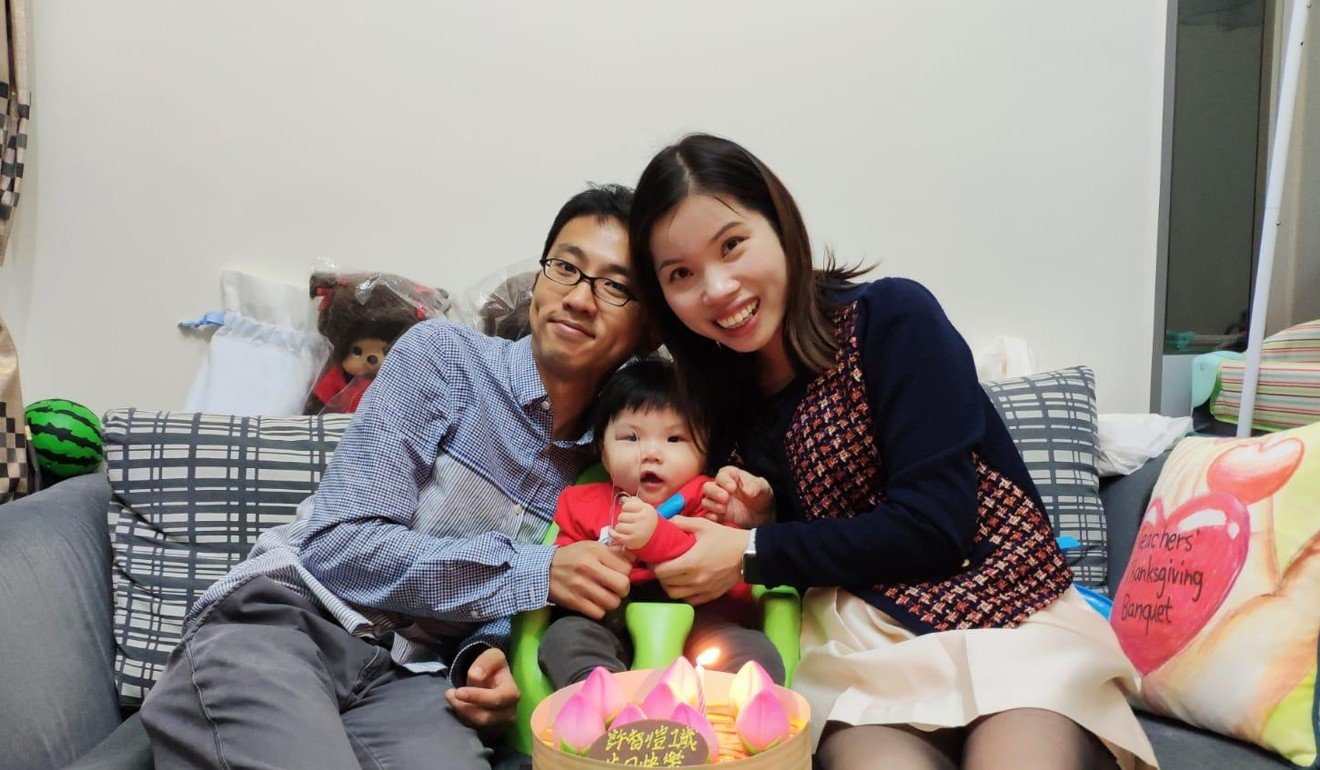
Despite Hong Kong’s population of more than 7 million, only 298,442 people have signed up as organ donors in the government’s registry.
According to the International Registry on Organ Donation and Transplantation, Hong Kong has only six donors per million people. In the United States, that number is 32, and in Britain, 23. Spain ranks highest with 47 donors per million people.
Baby Chi-hoi needs a life-saving heart op, but odds are stacked against him
To expand the donor pool, experts such as Dr Kelvin Ho Kai-leung, president of the Hong Kong Organ Transplant Foundation, are calling for more education to dispel misconceptions about organ donation, more training for public hospital staff to identify suitable donors, and having an “opt-out” organ donation system that makes everyone a potential donor except for those who specify otherwise.
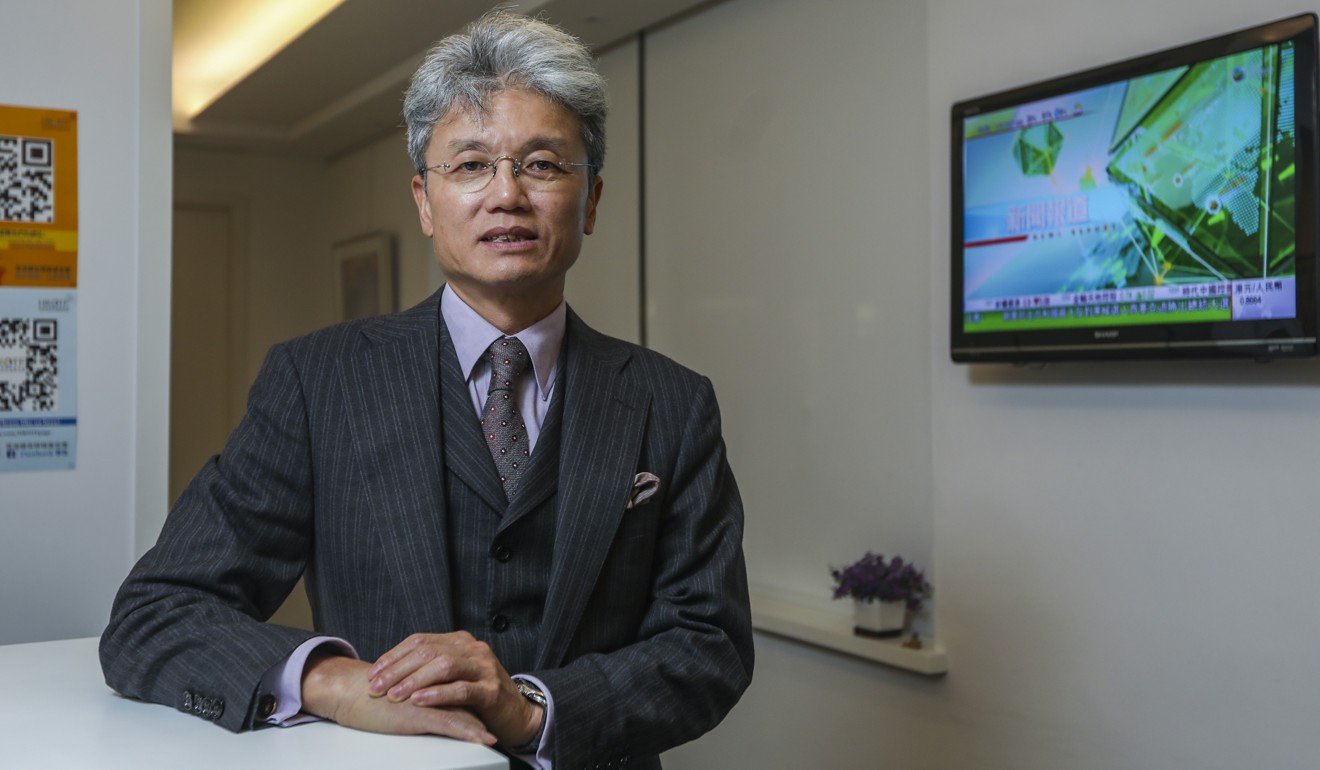
“We need to help the public understand why organ donation is so crucial. When a patient has end-stage organ failure and all other medical alternatives have been ruled out, an organ transplant becomes the only way to save his life. If he doesn’t receive a transplant in time, he will die.”
We need to help the public understand why organ donation is so crucial
In mid-September last year, Phan received the phone call telling him that a donor heart was available. After five agonising years of waiting, he did not know how to react.
“I thought I would be ready, but all I could do was tremble,” he recalls.
The next day, he underwent a 10-hour operation to give him a second chance at life.
For Phan, who lives with his parents and three siblings in Tin Shui Wai, the years of waiting meant frequent visits to hospital for fevers that lasted for days, as well as severe fluid retention.
“It was really defeating because I had to spend all that time in hospital, knowing that I didn’t have much time left.”
He needed a wheelchair and oxygen tank because he was always out of breath. As a result, he could not venture far from home, or go to crowded places.
Hong Kong group calls for simpler organ donor registration procedures
He missed half a year of school after his diagnosis, could not keep pace with his school friends in studies, and lost touch with them. He did not complete his secondary school leaving exams.
“This has made finding the right career path more difficult. Even if I make up my mind to complete my university education now, I will have to spend seven years on it,” he says.
“With my new heart, I should be able to manage my studies, but who knows if I’ll have seven years to live? Would I want to spend the years I have left getting a university degree? Probably not.”
According to the Hospital Authority, more than 85 per cent of heart transplant patients in Hong Kong make it past their first year, and more than 66 per cent of them live for at least a decade longer.
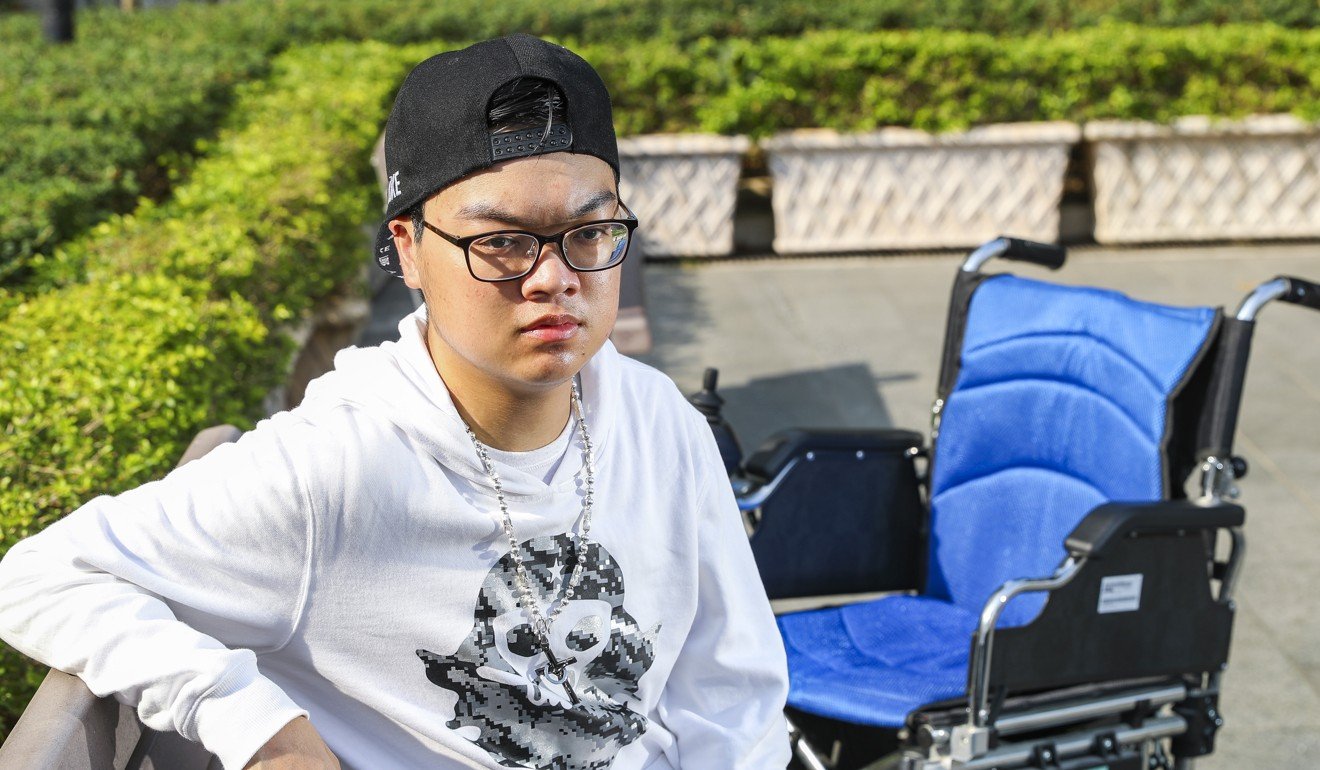
Queuing for a life
The lack of donors means patients who need new organs often face long waits. In 2017, the average heart transplant patient waited almost two years for a donor organ. Kidney and liver transplant patients spent an average of three to four years in the queue. Lung transplant patients waited around nine months.
“The reason the wait for heart and lung transplants appears to be relatively short is that many patients don’t survive long enough to receive the donor organs,” says Ho from the organ transplant foundation.
“With conditions such as end-stage liver failure, there isn’t much that medicine or machines can do to help patients survive the wait.”
Number of elderly organ donors on the rise in Hong Kong after lifting of age limit
Teacher Eilean So Yee-lun remembers the day almost 16 years ago when her family was told that her father, a school principal, had only five days to live unless doctors could find him a suitable liver in time.
A hepatitis B carrier, Vincent So, then 49, started experiencing liver problems that eventually led to liver failure.
“We were devastated. At the same time, we didn’t want him to suffer any longer. So we said our goodbyes,” recalls Eilean So, the elder of two girls and a soon-to-be university graduate at the time.
But, two days later, news came that doctors had found a suitable liver.
“We felt really blessed, but it was very new to us so we didn’t know what to expect,” she says.
Her father’s operation was a success and he returned to work after resting for less than a year.
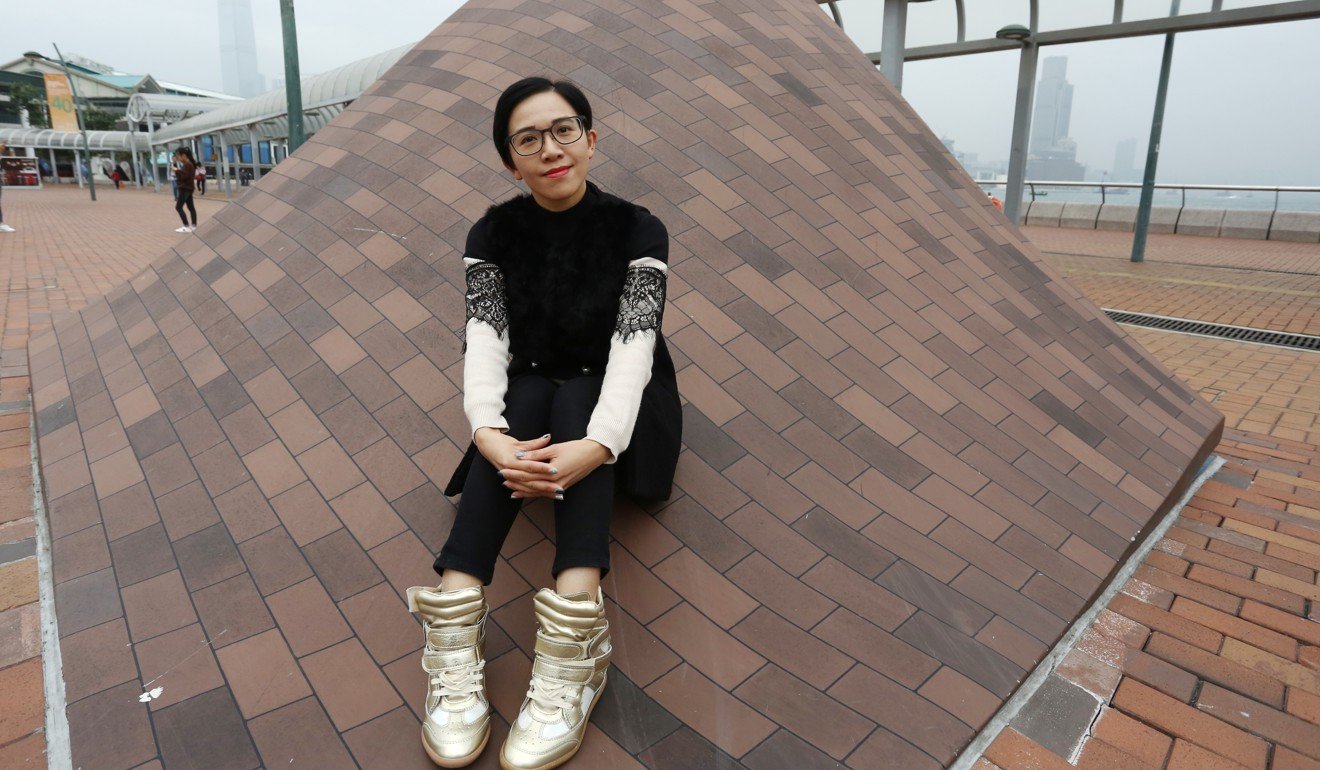
“He was 100 per cent back to normal,” she recalls. “Nobody would have guessed he had undergone such a major operation.”
Vincent So lived for 11 years before he died in 2014 from a brain haemorrhage. His liver was successfully transplanted to another patient, a procedure that made global headlines for being the first of its kind.
“My family agreed to donate my father’s organs because we had benefited from his organ transplant. We wanted to help people the same way others helped us,” So says.
My family agreed to donate my father’s organs because we had benefited from his organ transplant. We wanted to help people the same way others helped us
The transplant meant the family had more than a decade more with her father after he was diagnosed.
“I’d wondered if Dad would live to take graduation photos with me,” she says. “After the transplant, not only was he able to do that, he was also able to see my younger sister graduate, and attend my wedding.”
As for Phan, it has been four months after receiving his new heart. “I’m still getting used to it,” he says, adding that at times, it pumps harder, catching him off guard.
He can now move around freely without a wheelchair or oxygen tank.
“I wouldn’t say my life has completely turned around because of the transplant, but it has given me time to do the things I couldn’t have done without a new heart.”
Phan hopes to go on holiday, and return to shooting hoops. He took up basketball when he started secondary school in hopes of making more male friends. Growing up, he did not have many male friends because he was too fragile for rough play.
He attributes his courage to his religion, Christianity.
“I wasn’t worried about dying on the operating table, but I did worry about paralysis and spending a lifetime in hospital,” he says. “Prayer gave me the courage to put my name on the waiting list, and go through with the transplant.”
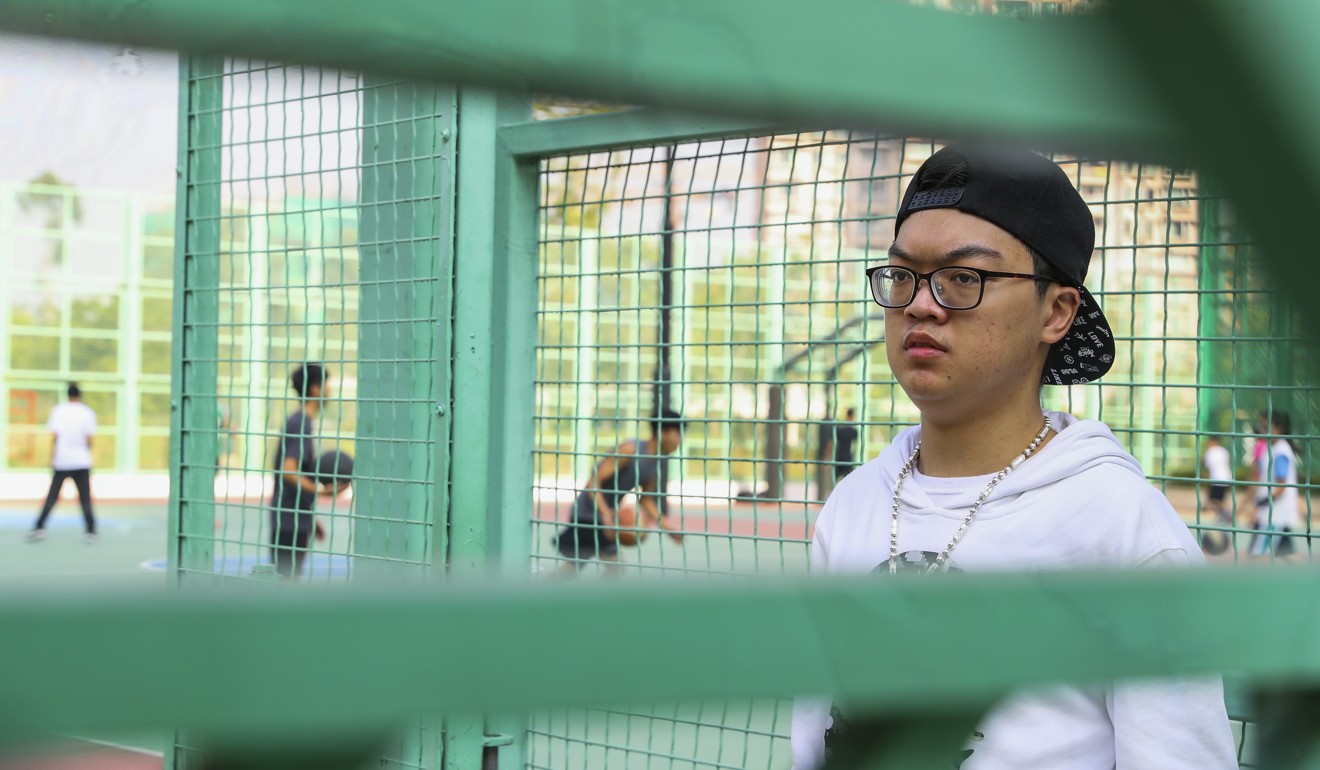
Views and myths
Ho from the organ transplant foundation says the city has a 95 per cent success rate for organ transplants, thanks to advanced medical technology and techniques.
Yet, so few Hongkongers are registered donors.
In part, Ho blames misconceptions about organ donation. Some people worry that if they are registered donors, doctors eager to harvest their organs will not do their best to save their lives.
“An organ donor has to be certified brain-dead by two independent doctors before the possibility of organ donation is explored,” Ho explains.
Organ donation coordinators from the Hospital Authority will then approach family members of potential donors to explain details of organ donation, providing them with emotional support. They also educate other health care workers and the public.
New kidney donation scheme allows strangers to donate organs to patients
The authority has nine organ donation coordinators serving 43 public hospitals. A spokesman said more than 6,000 frontline staff have also been trained to deal with family members of patients with a disease or injury that could lead to brain death.
Ho says the government should increase specialised manpower in public hospitals to help identify potential donors and provide help to family members.
An opt-out system for organ donation is seen as one major way to help raise the number of donors in the city. That means everyone is a potential donor unless they have registered otherwise.
Hong Kong currently adopts an opt-in system, requiring people to give their consent to be potential donors.
A Census and Statistics Department survey in 2017 found around 36 per cent of respondents from 10,100 households were against an opt-out system, compared to 34 per cent who supported it.
The Food and Health Bureau met relevant parties later that year and concluded it would be premature to introduce the opt-out system. A spokesman said the bureau felt more public education on organ donation was needed.
Ho supports having the opt-out system, but believes that even without it, education is essential.
“In general, children should be educated from a young age about organ donation and what it can do for patients,” he says.
For now, the final decision on whether to pass on the gift of life through organ donation rests with family members of the deceased.
Ho hoped more people would register as organ donors and let their families know they want to pass on their organs to others.
“Most families would respect that,” he says.
Eilean So, a registered organ donor herself, says: “For most of us when we die, our organs are cremated with the rest of the body. If these organs can save lives, why let them burn and go to waste?”

